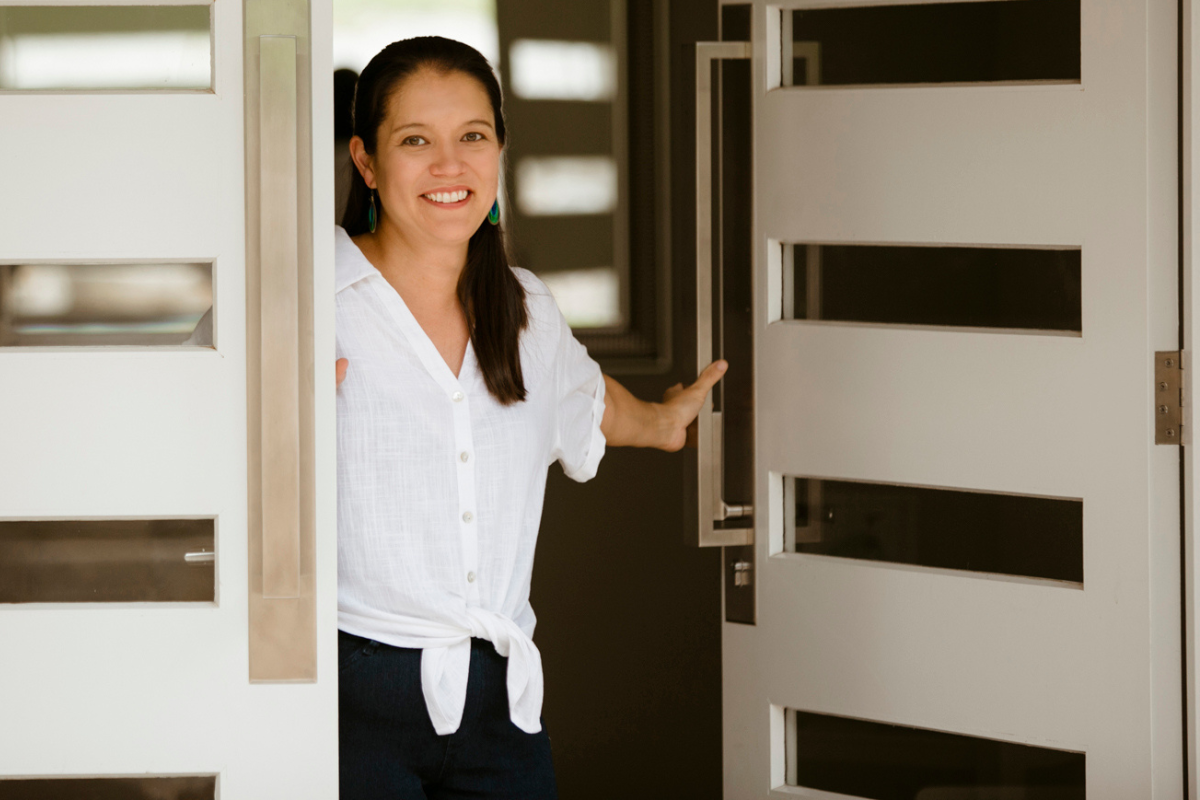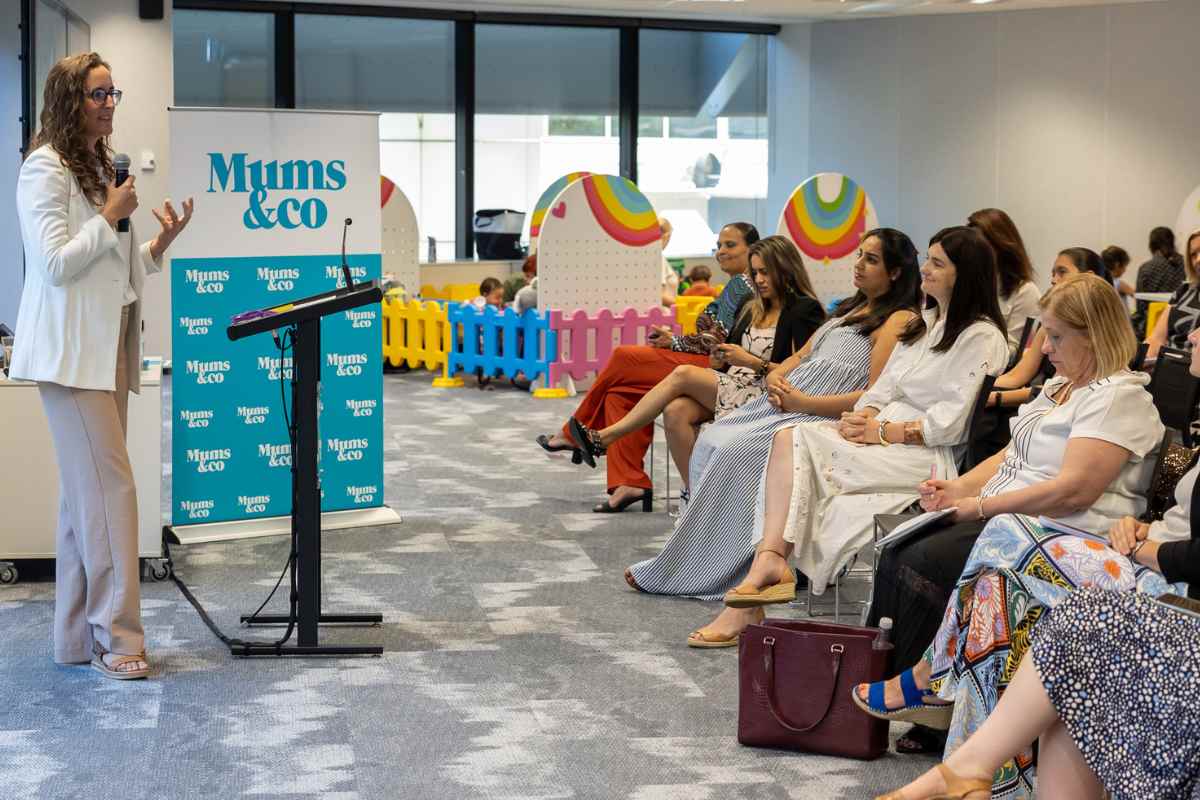Tax Minimisation Tips for Small Business
When you're running a business tax minimisation is an important part of running efficiently and with better cash flow.
When you’re running a business – whether it’s large or small – tax minimisation is an important part of running efficiently and with better cash flow. Here are some practical ways you can help minimise your tax. For the best advice that is specific to your business, talk to your accountant.
Mortgage offset account
This is a strategy that can help reduce interest costs and lifetime of your mortgage. By having an offset account, you can put any accumulated cash savings into the mortgage offset account to help you reduce the amount of interest that is payable. It also helps you reduce tax on the interest you would earn from having savings in an ordinary bank account.
After-tax super contributions
When people talk about superannuation, there is a lot of focus on tax savings possible from making pre-tax contributions through salary sacrifice. Potential tax savings can also be made from non-concessional or after-tax contributions. Ask your accountant about what this strategy may mean for your business.
Discretionary family trust
This type of trust is a smart way to hold investments, where assets are controlled by trustees (one or more persons) on behalf of the beneficiaries. A discretionary trust gives the trustee the power to decide who receives the capital and income owned by the trust. It’s ideal for anyone in a higher tax bracket and gives you the opportunity to list family members as beneficiaries on lower rates.
One example is that rental income from an investment property owned that is owned by the trust could go to members of the trust who are on lower incomes. Income and capital gains derived by a trust are generally assessed at the tax rate of the beneficiary.
The cost of managing a tax return for a trust is higher than a standard tax return but the other savings can be significant.
Investment bonds
They lost popularity because you could not control where your money was invested but now investment or insurance bonds are back in favour. Why? Earnings don’t need to appear on your tax return.
For younger people on marginal tax rates above 30 per cent who are already contributing to super, they can be a sensible investment but, as always, talk to your accountant and financial planner to work out the best strategy for you.
Setting up an investment company
Another way of reducing tax is to set up a company through which investments are bought. This strategy helps your funds stay accessible and outside super, or when after-tax super contributions have already been used.
Be aware that a company does not have access to the 50 per cent capital gains tax discount. Because of this, income-type assets should stay in a company, with gains still taxed at the full 30%.
It’s most effective when a company is well-established and has assets that have been bought in its name. This includes a variety of investments – from managed funds, shares, direct property and cash savings.
To find out about the best tax minimisation strategies for you and your business, always seek professional financial advice from an experienced accountant or financial planner.
-1.png)

.png)

.png)






